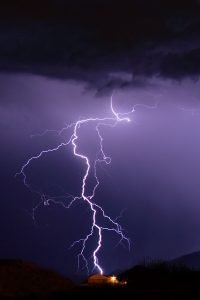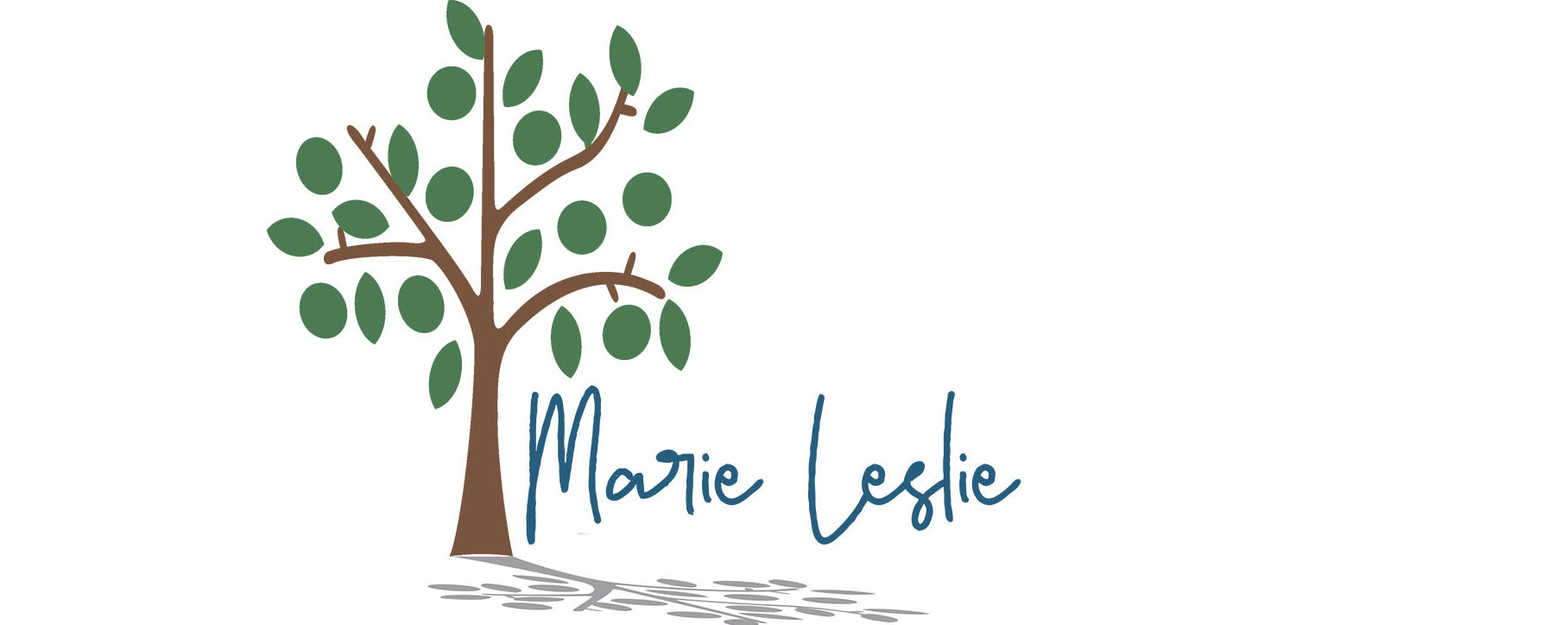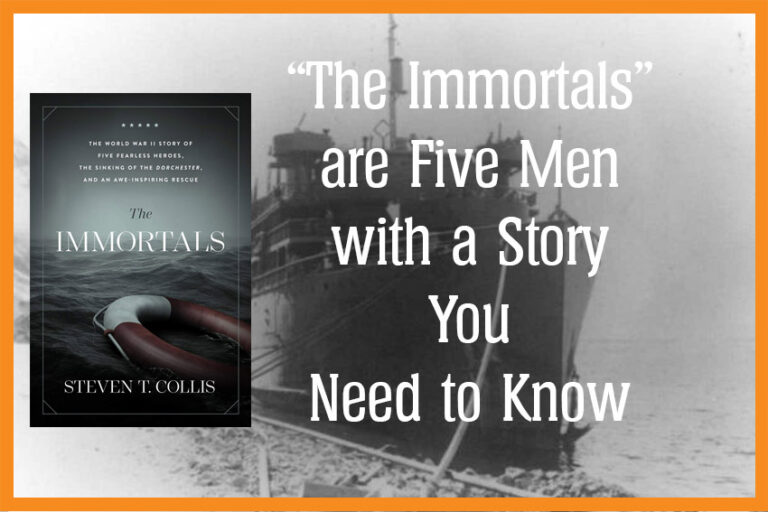Reduce stress by preparing for emergencies and evacuations
 Fire. Flood. Lightning strike. Tornado.
Fire. Flood. Lightning strike. Tornado.
You don’t ever think it will happen to you. Those kinds of things always happen to someone else, right?
Don’t count on it. All four have happened this week in Colorado.
We have yet another crazy wildfire here. Watching the news and smelling the smoke made me think about what I would do and re-evaluate whether my emergency plans are up to snuff.
I grew up in Southern California. They have two seasons there: rain and fire. I remember being packed to go during one notable summer fire. Though ultimately we didn’t evacuate, my father helped others evacuate and the event stuck with me.
I spent my last decade in Southern California living in a wood-frame house on the edge of town. Dry brush that doubled as kindling in the summer and fall extended for miles beyond our neighborhood. The daily sound of fire engines rushing somewhere was a way of life. Because my husband had a job that required him report to work in the event of a disaster, I would be solely responsible for taking care of our kids and animals in an emergency.
With earthquakes and fires our most likely disasters, the my planning focused on those two eventualities. We prepared 72-hour kits, secured our water heater and prepared an evacuation checklist.
Knowing that evacuation with four young children—and animals—would be a stressful event, I didn’t want to have think about what I needed to take or where to find it. So I created a list of the things I would take in an evacuation, in order of importance and included their location. This way, I wouldn’t have to waste time looking for important documents, family photographs and other critical, irreplaceable items in a fire. And I posted the list in a private place where I could refer to it quickly.
What was on my list? Nothing unusual—72-hour kits, important legal documents, necessary medications, computers, family photographs, journals, jewelry and a couple of pieces of old furniture. I know the furniture sounds weird, but if I had time in an evacuation, it’s what I would take.
Did you notice what wasn’t there? No clothes, toys, books or “stuff.” We had a change of clothes in our 72-hour kits and all those things are relatively easily replaced. My emergency plan dealt with the irreplaceable things that were most important to me and my family. Your emergency plan should include the things that are most important to you.
Thankfully, we never had to evacuate. Sadly, though, a couple years after we moved, devastating fires came through our community and several homes in our neighborhood were burned.
Recently, one of my out-of-state cousins contacted me and asked me to serve as her family’s emergency contact. Because I live in a different part of the country, it isn’t likely we’ll be involved in a disaster at the same time. I have contact information for all of her family members, and they all have mine. In an emergency, when local communication may be impaired, they know to check in with me and I will relay messages.
To help get you started in creating your own emergency plan, here are a few online resources for you.
The FEMA website. Yes, it’s that FEMA. They have lots of great resources and information. Don’t dismiss the site because you didn’t like the way they handled some disaster.
The National Safety Council Lots of safety information of all types on this site. This link is for emergency preparedness.
72 Hours This site has information on 72-hour kits and emergency plans for all types of people and situations.
American Red Cross This is their family preparedness site.
Do you have a plan? Do you know what you will do if you’re in the path of a natural disaster? Have you been through an emergency before? Please share your thoughts and stories in the comment section below. And please share this with your network.








Great tips Marie! The weather is pretty calm here, so have never had to really think about evacuating yet.
Great tips, Marie! I will definitely be book marking this for sure and sharing it as well. Thank you 🙂
Definitely a good idea to plan ahead, know where the flashlight is, extra batteries, and any other essentials we need in future disasters!
So blessed to live in a community where all is always calm… none of this stuff going on. I cannot even imagine what going through any calamity must be like. Great post! x0x
Before 9/11 I didn’t take warnings as seriously as I do now. I will never ignore a fire alarm or skip over emergency preparations. I was actually out of the country on Sept 11, 2001 – but was deeply affected by it emotionally. We live in an area that is largely populated by people commuting to NYC or to Philadelphia for work.
Great resources, Marie. I had a kit together at one time and have moved several times since then. And yes, I got the list from FEMA. Thanks for the reminder to get that done again!
Great article! I grew up in the midwest so we were always prepared for tornadoes! Now that I’m in the coastal South, it’s hurricanes. You can never be too prepared!
Great information; I am guilty of being naive in these matters….I should be following up on what you are telling us to do and I will. We have heard of many friends who went through this; it’s not fun. I am from Europe where we never had hurrucanes and tornadoes. Anyway, no more excuses, I am warned and I will take action. Thanks Marie!
There are goods things to think about ahead of time !! I can use these ideas Marie.. Thank you for the education!
Such an important topic and although we don’t have the severe weather you have in the US, still great to share with my friends 🙂 Thanks Marie!
I have a similar plan for evacuating horses. We were surrounded by fires last year and this was a common concern. One great suggestion made to us was for horse neck or ankle bands and canine collars with glow in the dark reflectors and sleeves for contact info. There is a great young company now making these products – http://equestrisafe.com
Great article – Thanks!
I needed this!! I’ve been meaning to get a comprehensive plan in place given I live in an earthquake area and this was the wake-up call I needed. Thank you!
I have a post planned with earthquake resources as well, Lisa. I grew up in earthquake country, so I’ve learned a bit. Stop back by in a week or two to see it.
Be prepared. It’s always smart! As someone who lives in a tornado-prone area, we have learned to get dressed and put our shoes on when the sirens go off. Why? Because IF the disaster comes, it’s hard and almost impossible to walk around barefooted in the debris.
Great advice, Martha. Living in earthquake country, we were taught to keep a pair of shoes by the bed. That way, IF we had a quake, we wouldn’t be trying to pick our way barefoot through the debris. Now that I live in tornado country, I’ll have to teach that to my kids.
Sensible and sound advice! Freak weather can hit anywhere at anytime! We experienced a severely cold winter in Ireland two years ago and being a tiny village we were without water and electricity for several days. Lessons were learned and we are so much more prepared now for anything similar!
Marie, all my family members have been involved in CERT (Community Emergency Response Team) training for years, and my husband worked for Homeland Security for a while and has more of a preparedness mindset than most people! So yes, we have thought about all these things. Our plan isn’t actually as comprehensive as I would like, though. Good reminder that we can think we are prepared when we really aren’t.
My husband is CERT-trained, and it is on my to-do list. We can always be better prepared, but any steps are good steps.
Leslie, the thought about “what would I grab in a fire” has often crossed my mind, as I think it does many people. But I never considered the other natural disasters that could strike us. I also never considered preparing an evacuation kit. Brilliant! Thank you for this superb post with life-saving suggestions. Liz
You are so welcome, Liz. I know that “in the moment” there will be no time to think. Sometimes, even if we are prepared there is no time to get anything–we had friends in the Southern California fires who were awakened in the night and did not even have time to change out of their nightclothes. They left with what was on their backs and considered themselves blessed to even get out. And they said knowing that they had prepared–and done all they could–gave them some measure of peace through the ordeal.
Great ways to reduce stress. Fab article.
Marie, I live in South Florida: hurricane country. And so each June we girdle up for the 6-month “eye on West Africa” where most are formed. Having gone through a Category 5 (Hurricane Andrew) in 1992 in which my factory ended up in Kansas somewhere, I am painfully aware of how small we are in the face of Mother Nature! This information is invaluable, thanks!